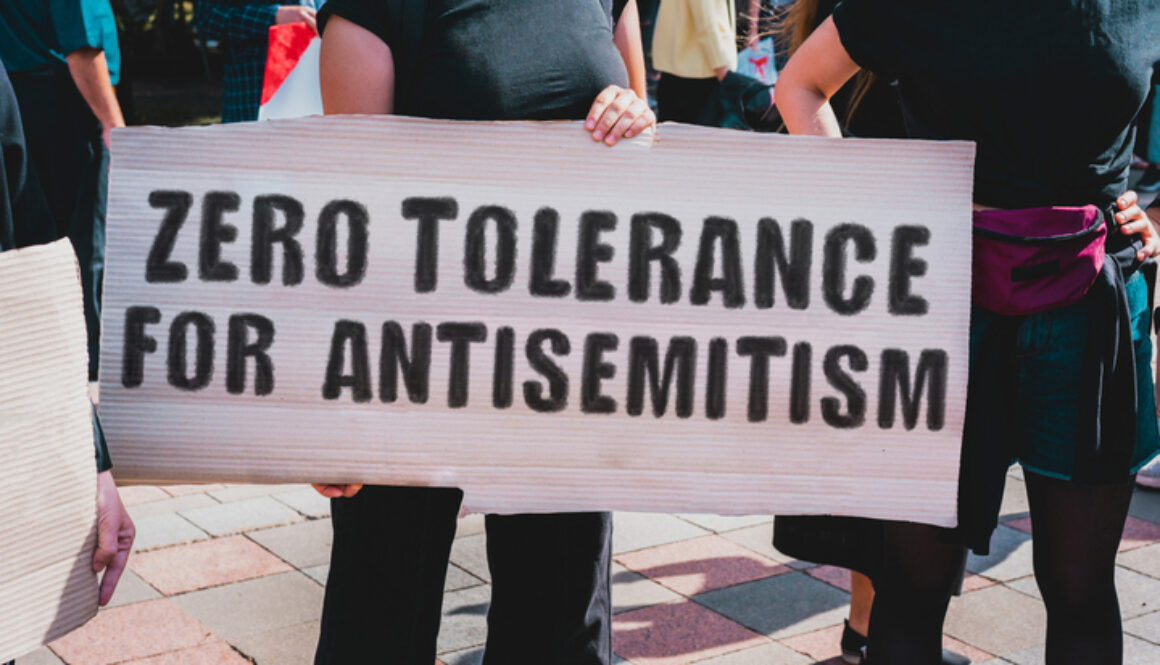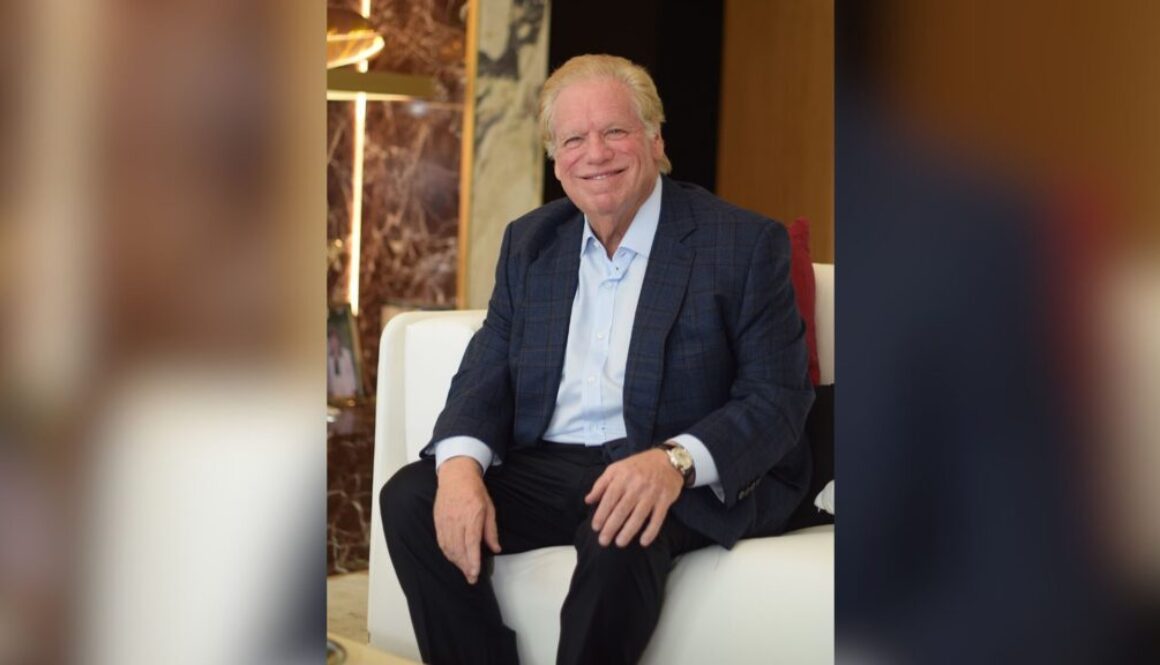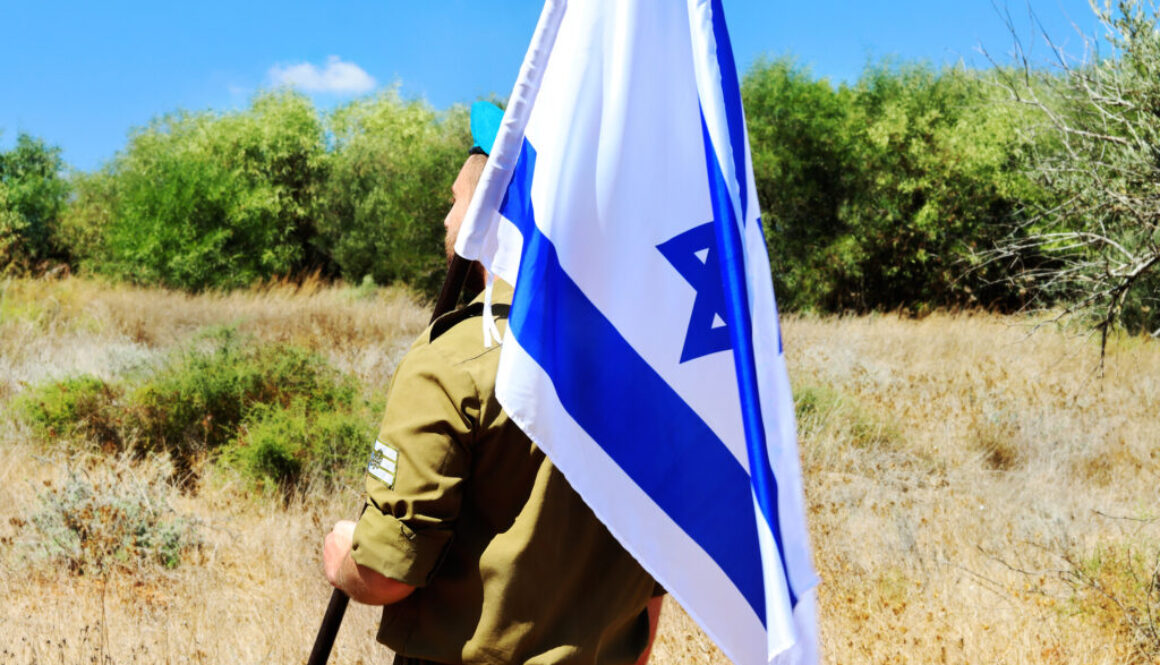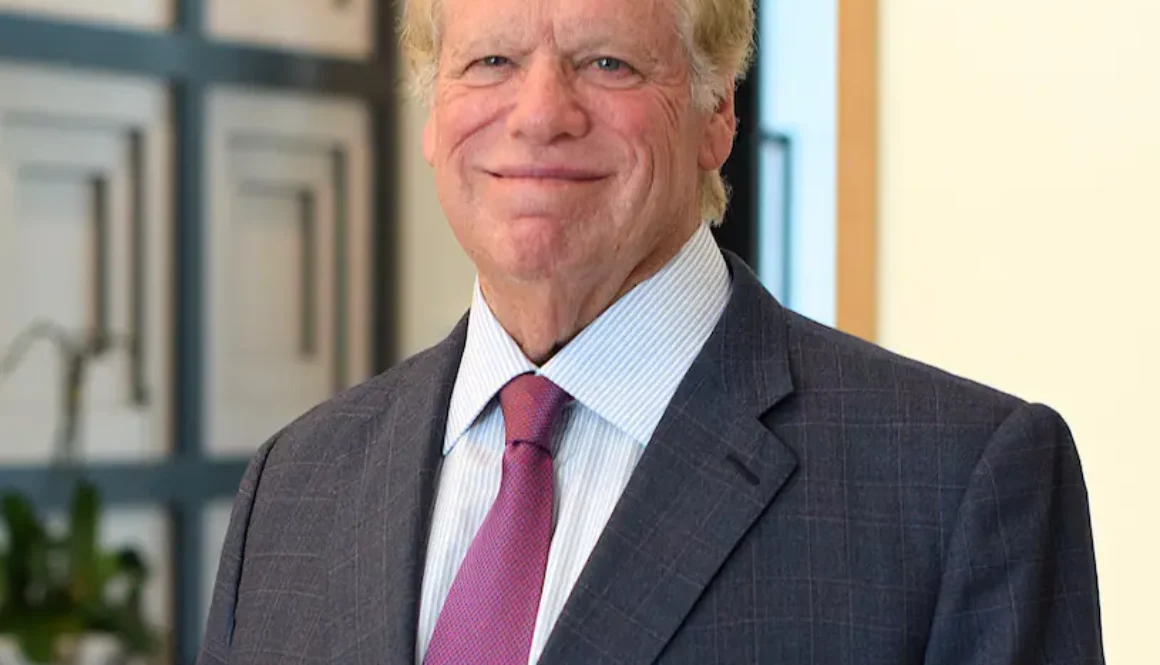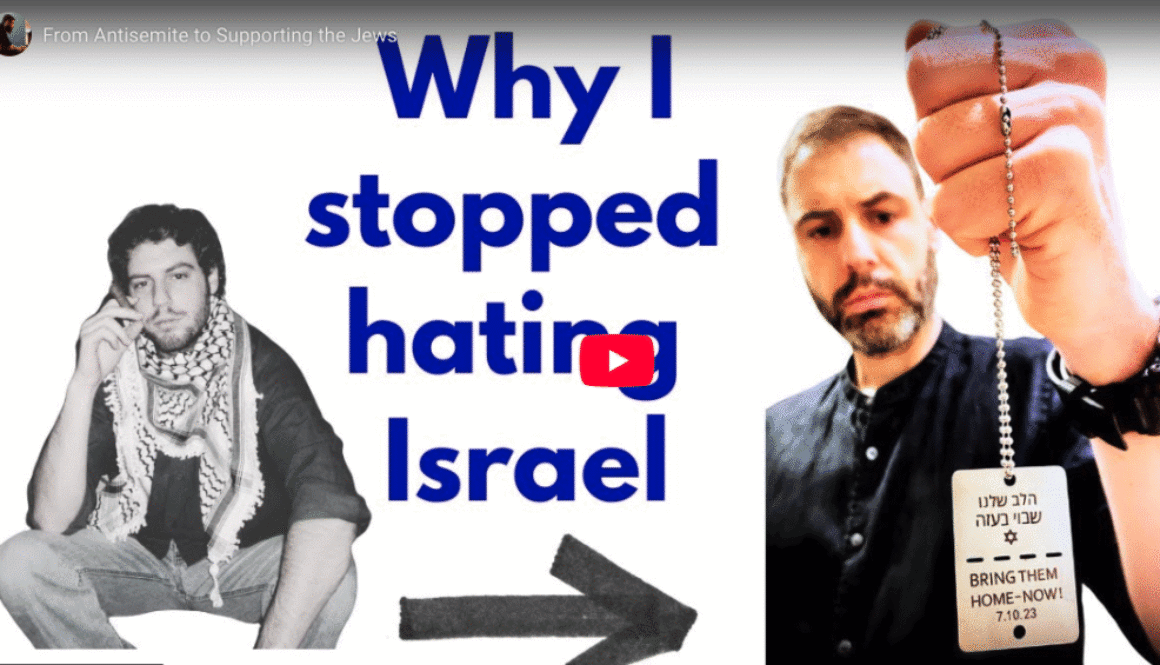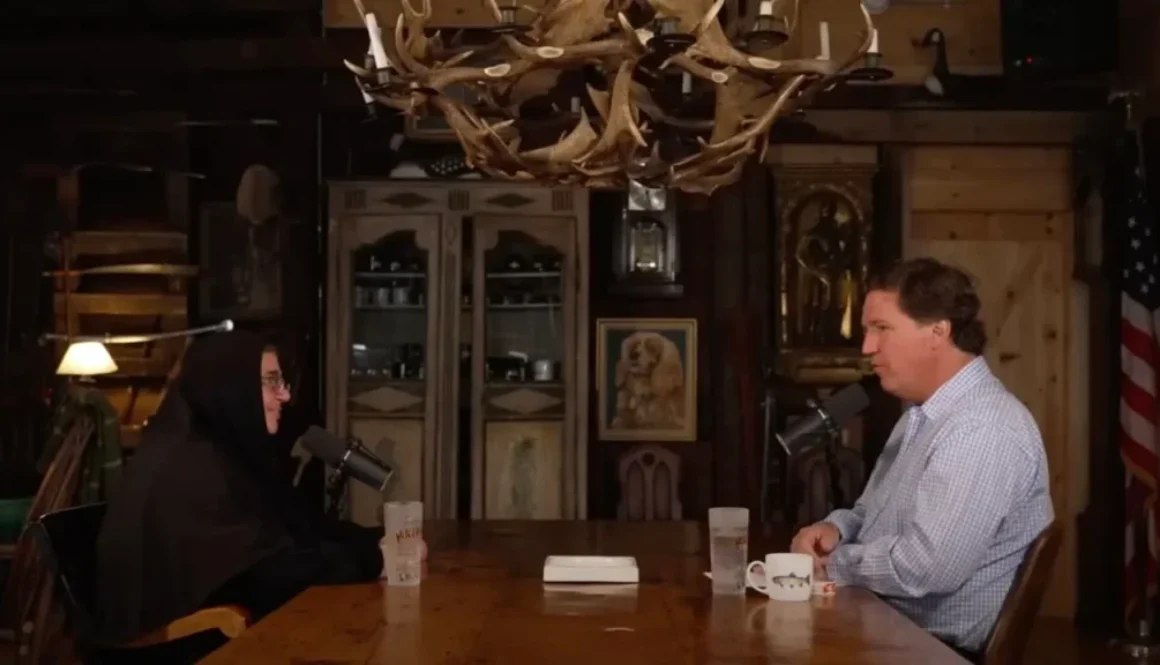Israel’s strike on Hamas leaders’ Qatar haven was an overdue act of justice
Tuesday’s morning blasts in the Katara district of Doha, Qatar, shattered more than glass — they shattered the illusion that masterminds of mass murder can recline in five-star safety and call it “diplomacy.”
Israel’s precision strike against the leadership of Hamas, men who plotted the Oct. 7 atrocities from hotel suites, wasn’t “escalation” but overdue justice.
For nearly two years, Hamas’ external brass directed a genocidal war from Qatar’s luxury bubble.
Khaled Mashaal, Khalil al-Hayya, Zaher Jabarin and their cohort haven’t been exiles.
They’ve been executives running a war room in Doha while Gazans bled and Israeli families buried their dead.
That bifurcation of risk — fighters in tunnels, bosses in penthouses — have created a moral hazard on a civilizational scale.
The strike ended it: Terror’s leadership now carries the danger it earned.
It’s a reminder that no luxury suite, no friendly emirate and no diplomatic fiction can shield terrorists from accountability.
Qatar’s role hasn’t been mediation but enablement.
Since 2012, Doha has funneled roughly $1.8 billion into Hamas-ruled Gaza, including monthly $30 million cash drops right up to the eve of Oct. 7.
The theater of it was almost comical as suitcases were counted at crossings, stuffed with money labeled “humanitarian aid,” then siphoned to the Qassam Brigades for rockets, tunnels and terror.
Add state-provided tech infrastructure, banking channels and the propaganda megaphone of Al Jazeera, and you get a five-star command center masquerading as diplomacy.
This wasn’t just Israel’s problem.
When one state hosts the operational headquarters of a group bent on another state’s annihilation, it torpedoes the basic rules of international order.
UN Security Council Resolution 1373 tells states to deny safe haven to terrorists.
Qatar gave terrorists luxury suites, media airtime and a diplomatic sheen.
Meanwhile, the United States kept its largest regional base on Qatari soil — an arrangement that asked Americans to protect the protector of those who kill American allies.
Have-it-both-ways geopolitics met its limit Tuesday.
Militarily, Doha was Hamas’ center of gravity.
Its office there handled encrypted communications, money flows, foreign coordination — everything Gaza’s battlefield couldn’t sustain.
It also manufactured a fiction of legitimacy as “political” leaders held court with foreign delegations while their fighters bragged they’d repeat the massacre “again and again.”
So long as the head stayed safe, the serpent could shed skin in Gaza and grow anew.
Now Israel has sent a blunt message: No more safe harbor, not in Damascus, Beirut or Doha.
The timing wasn’t rash. Immediate retaliation after Oct. 7 would have looked like an emotional response.
Instead, Israel fought, negotiated, paused — again and again — while Hamas rejected proposals to free all hostages and to end the war.
Its veto didn’t come from a tunnel; it came from Doha.
Over time, complacency crept into the leaders’ safe-house routines, and patterns emerged as intelligence matured.
When the window opened, Israel used a scalpel, not a sledgehammer — an operation with the hallmarks of Mossad’s patient buildout and the Air Force’s precision, likely from platforms designed to evade regional defenses.
And it’s scrambled the strategic board, exposing Qatar’s “indispensable mediator” act as leverage theater.
Until now, the more Hamas provoked, the more Doha mattered. Not anymore.
Hosting Hamas now carries costs, and regional actors must recalibrate.
Those who chose normalization with Israel over nihilism feel validated; those providing sanctuary to Israel’s enemies understand the new risk calculus
Inside Gaza, where Hamas’ promise of “steadfastness” has yielded devastation, the myth of its inevitable victory is collapsing along with the tunnels.
As for the predictable handwringing about “sovereignty” and “escalation,” sovereignty doesn’t protect a state that runs valet service for genocidal planners.
Escalation? This battle began when families were burned alive on Oct. 7.
The only way to end a war led by leaders immune to consequences is to make consequences real.
Inevitably, what comes next is clarity.
Hamas must surrender unconditionally and release every hostage.
Qatar must choose: Expel Hamas’ remaining operatives and shut the money spigot — or accept the stigma and consequences of sponsoring terror.
The international community can spare its lectures and simply enforce the obligations it has already signed: no safe havens, no financial lifelines, no diplomatic fig leaves for mass murder.
The blasts in Doha didn’t expand the war, but narrowed it — by hitting the sanctuary that’s kept it alive.
Israel reminded the region of the hard truth that deterrence is not a press release but the certainty that killers will be found.
The age of consequence-free terrorism is over.
And the men who turned five-star suites into a war room finally learned what justice sounds like.
Gregg Roman is executive director of the Middle East Forum.

